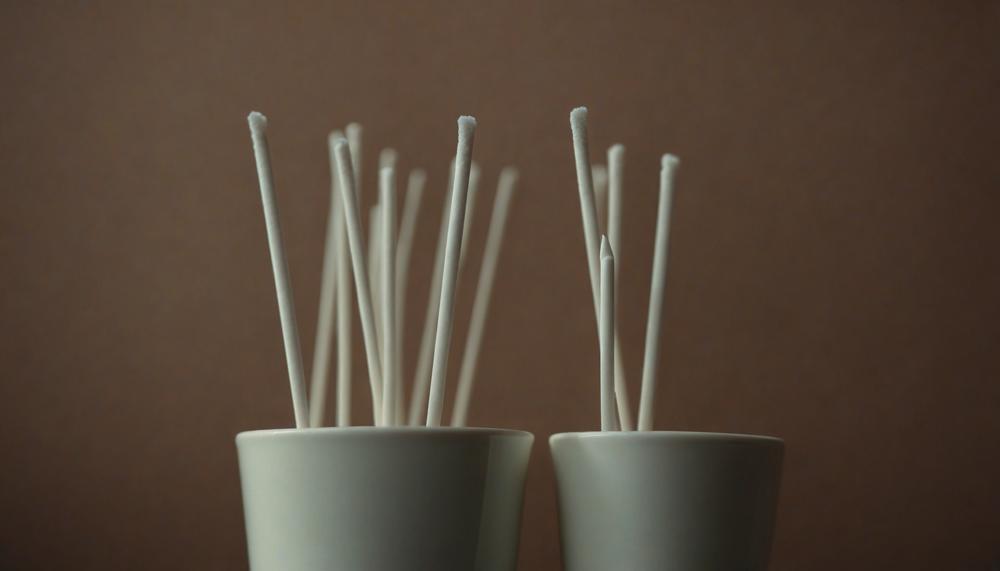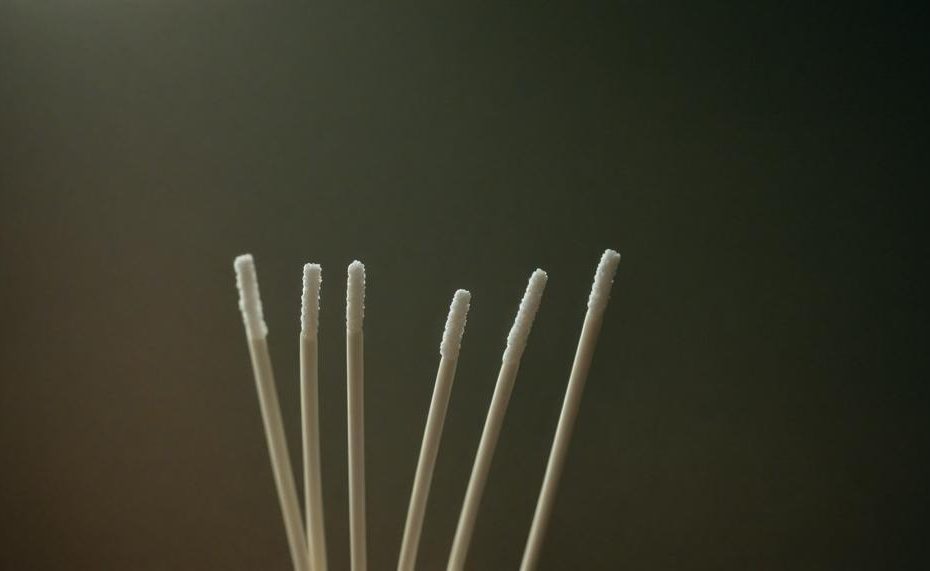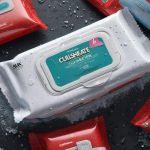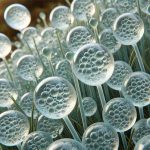Yes, Q-tips® cotton swabs are biodegradable when composted. Understanding the environmental impact of everyday products is crucial, and Q-tips® have made efforts to be eco-friendly. Here’s what you need to know:
- Biodegradable: The cotton swabs can break down naturally in a composting environment, reducing waste and pollution.
- Recyclable Packaging: The 170-count sleeve and tray pack can be recycled, contributing to a more sustainable lifestyle.
- Packaging Caution: Remove the plastic window on the packaging before recycling to ensure proper processing.
By choosing biodegradable and recyclable products like Q-tips®, you can make a positive difference for the planet.
Contents
Can You Recycle Q-Tips?
Proper Disposal of Q-Tips and Their Biodegradability
Disposal of Q-Tips
Q-tips should be disposed of responsibly to minimise environmental harm. Here are the key methods:
| Type of Q-Tip | Disposal Method | Additional Notes |
| Plastic Shaft Q-Tips | Regular Trash | Do not recycle or flush them. Plastic is not biodegradable and poses environmental risks. |
| Bamboo or Paper Shaft Q-Tips | Compost Bin | These are more eco-friendly and biodegradable, suitable for composting if the cotton is pure and free from chemicals. |
| Mixed Material Packaging | Recycle (with care) | Remove any plastic windows or non-recyclable components before placing in the recycling bin. |
Biodegradability of Q-Tips
Q-tips can be biodegradable depending on the materials used:
- Cotton Tips: Pure cotton is biodegradable and can be composted.
- Shafts: Bamboo and paper shafts are biodegradable, while plastic shafts are not and should be disposed of in the regular trash.
- Packaging: Some Q-tip packaging is recyclable, such as the 170ct sleeve andamp; tray pack, provided the plastic window is removed.
Are Q-Tips Compostable?
Yes, Q-Tips® cotton swabs are considered both compostable and biodegradable under certain conditions. Here’s a detailed breakdown:
Compostability of Q-Tips® Cotton Swabs
- Q-Tips® with paper sticks and cotton tips can be composted. These materials will break down naturally in a compost pile.
- Note: Avoid composting Q-Tips® with plastic sticks as they are not compostable and should be disposed of in regular waste bins.
Biodegradability of Q-Tips®
- Both the paper stick and cotton tips of Q-Tips® are biodegradable. They will decompose naturally over time when exposed to the environment.
- Plastic sticks, however, are not biodegradable and contribute to environmental pollution.
Recycling Packaging
- The packaging of Q-Tips®, specifically the 170-count sleeve and tray pack, is recyclable.
- Important: Remove the plastic window from the packaging before recycling to ensure proper processing.
Are Q-Tips Biodegradable?
When disposed of properly, Q-Tips can biodegrade effectively, but the duration varies based on the disposal method. In a landfill, Q-Tips decompose slowly due to the anaerobic environment, potentially taking many years while releasing harmful methane.
However, when composted, Q-Tips decompose much faster. Under optimal composting conditions, it typically takes between one to five months for Q-Tips to completely biodegrade.
| Disposal Method | Decomposition Time | Notes |
| Landfill | Several years | Slow due to anaerobic conditions, can release methane |
| Composting | 1-5 months | Requires optimal conditions; must ensure Q-Tips are clean |
To ensure Q-Tips biodegrade quickly and safely:
- Composting Tips: Composting is the most effective way to dispose of Q-Tips. Make sure they are free of chemicals or substances that could harm the compost pile.
- Recyclable Packaging: The 170ct sleeve andamp; tray pack of Q-tips® cotton swabs is recyclable, although you must remove the window on the pack before recycling.
Are Q-Tips Flushable?
No, Q-Tips are not flushable. Here’s why:
Non-Dissolvable Materials
Q-Tips are crafted from cotton and paper, which do not dissolve easily in water. Unlike toilet paper, they are not designed to break down in the plumbing system.
Flushing Q-Tips can lead to blockages and potentially expensive plumbing repairs.

Environmental Impact
Even though Q-Tips are more environmentally friendly compared to their plastic counterparts, flushing them can still harm the environment. They can contribute to marine pollution and pose a threat to wildlife.
Disposal Recommendations
Q-Tips should be disposed of in the trash. If they have not been contaminated with chemicals, they can be composted. However, due to potential contamination from ear wax, makeup, and other substances, it’s often best to discard them in regular waste.
What To Do With Used Q-Tips?
To properly dispose of used Q-tips and ensure they are biodegradable, follow these steps:
Choose the Right Type of Q-tip
- Opt for Q-tips with paper or wooden shafts instead of plastic ones. These materials are more environmentally friendly and biodegradable.
Composting
- If the Q-tips are made of paper or wood and 100% cotton, you can add them to your compost bin. Ensure they are free of any contaminants like makeup or chemicals.
Packaging Disposal
- Recycle the cardboard packaging if it’s clean. For Q-tips® cotton swabs, remove the plastic window from the pack before recycling the cardboard.
Avoid Flushing
- Never flush Q-tips down the toilet. They can cause blockages in plumbing and harm aquatic environments.
Creative Reuse
- Before disposal, consider reusing Q-tips for small cleaning tasks, crafts, or gardening markers.
Conclusion
In conclusion, it is clear that Q-tips® cotton swabs are biodegradable when composted.
This means that they can break down naturally in a composting environment, reducing waste and pollution. It is important for consumers to understand the environmental impact of everyday products and make efforts to choose eco-friendly options.
Q-tips® have made strides towards sustainability by using recyclable packaging and cautioning consumers to remove plastic windows before recycling. Proper disposal of Q-tips involves choosing the right type (paper or bamboo shafts), composting if possible, and avoiding flushing them down the toilet.
By making informed decisions about our daily habits, we can all contribute to creating a more sustainable world for future generations.





